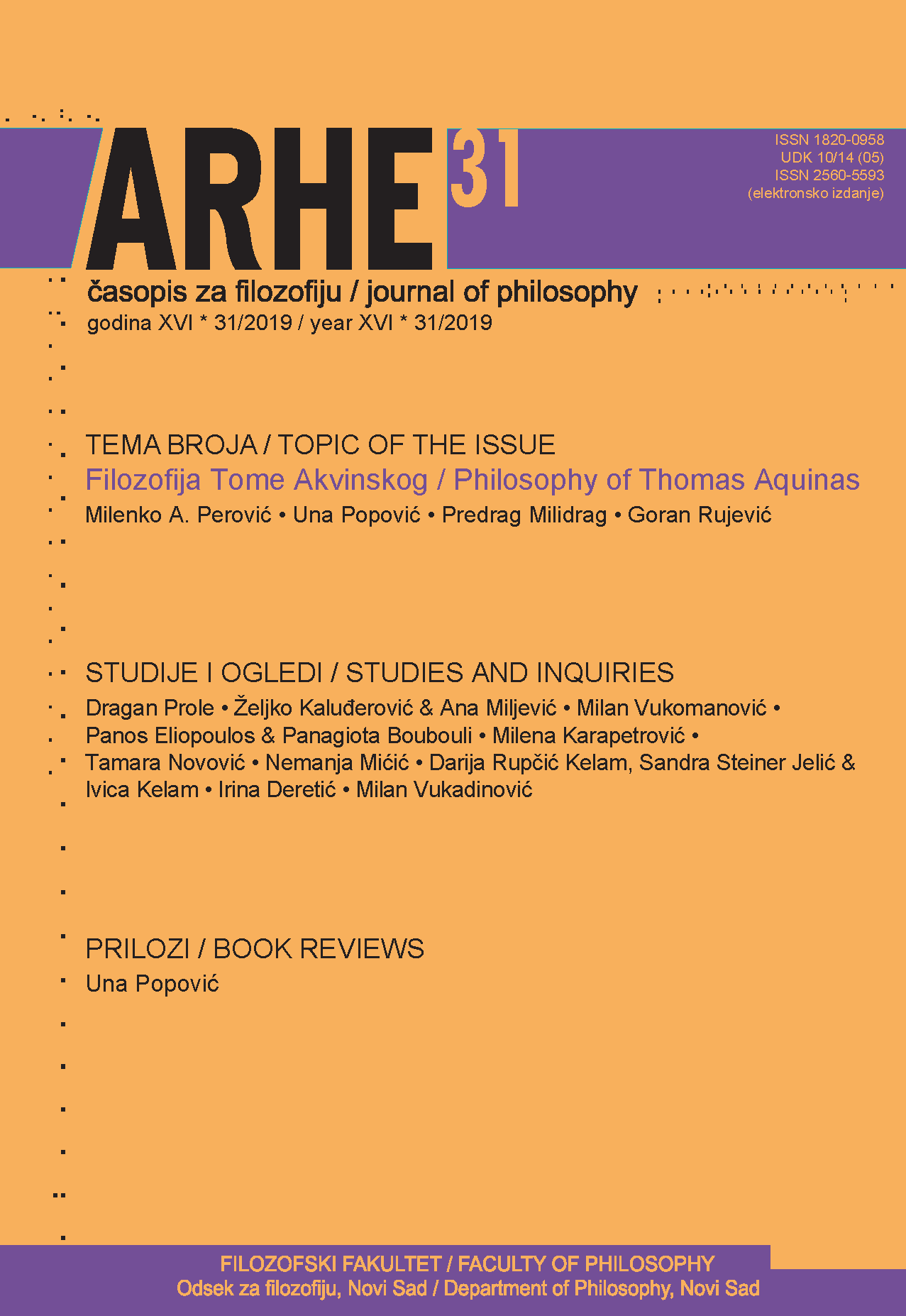Kierkegaard on the Political Form of Despair
Kierkegaard on the Political Form of Despair
Author(s): Panos Eliopoulos, Panagiota BoubouliSubject(s): Metaphysics, Political Philosophy, 19th Century Philosophy
Published by: Филозофски факултет, Универзитет у Новом Саду
Keywords: Kierkegaard; political; despair; freedom; selfhood; individual
Summary/Abstract: In our times, political despair seems to take over other political perspectives as regards the life of the citizen, his relationship with the State, his connection with his fellow citizens, his participation in the political process etc, but most of all it appears as a latent political factor that passes through all stages of the political life. For Kierkegaard, despair is a state of being, not just a temporary sentiment or resentment for life. In his theory, despair is a situation which coincides with the loss of our own self; and there is a political self to lose too. It regards a condition in which one remains attached to a wrong conception of his self but also of others. For some of the scholarship, this brings the implications of a coherent bond between human and political ontology, in Kierkegaard’s philosophy. Under this prism, one of the deforming mirrors of political reality and thus a partial culprit for the loss of a realistic conception of the political phenomena is the mass media. The Danish philosopher turns against the Press of his time, in order to defend subjectivity as a major element in the political process, closely related with truth and individuality. Politics cannot be authentic if they do not stem from a persistent comprehension of existential despair. The political is always part of the existential; that is a major affirmation in Kierkegaard’s thought.
Journal: Arhe
- Issue Year: 2019
- Issue No: 31
- Page Range: 151-169
- Page Count: 19
- Language: English

